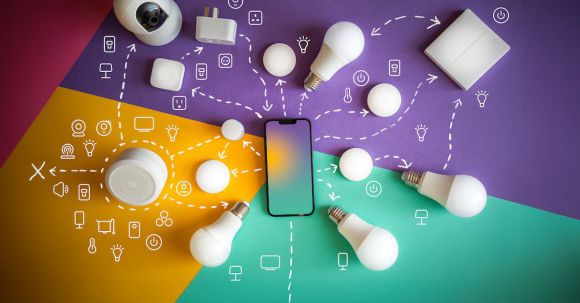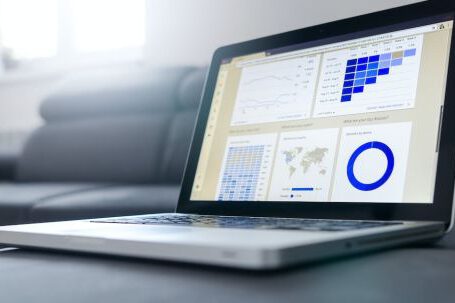In recent years, the Internet of Things (IoT) has revolutionized various industries, and agriculture is no exception. With the integration of IoT devices and technologies, farmers now have the opportunity to enhance their farming practices and make them more sustainable. This article explores the potential benefits of using IoT in agriculture and how it can contribute to a more sustainable future.
Enhanced Monitoring and Precision Agriculture
One of the key advantages of IoT in agriculture is the ability to monitor various aspects of farming operations in real-time. IoT devices, such as sensors and drones, can collect data on soil moisture, temperature, humidity, and other environmental factors. This data can then be analyzed to provide valuable insights into crop health, irrigation needs, and pest management.
With this enhanced monitoring, farmers can implement precision agriculture techniques. By precisely applying water, fertilizers, and pesticides only where needed, farmers can reduce waste and minimize environmental impact. This not only improves resource utilization but also reduces the risk of pollution and contamination of surrounding ecosystems.
Optimized Resource Management
IoT devices can also help farmers optimize their resource management. For example, smart irrigation systems can automatically adjust water usage based on real-time data, ensuring that crops receive the ideal amount of water without wasting it. This not only saves water but also reduces energy consumption and lowers operational costs for farmers.
Similarly, IoT-enabled livestock management systems can monitor the health and behavior of animals. By tracking parameters such as body temperature, heart rate, and feeding patterns, farmers can detect early signs of illness and take prompt action. This can prevent the spread of diseases and reduce the need for antibiotics, ultimately promoting healthier and more sustainable livestock farming practices.
Data-Driven Decision Making
Another significant benefit of IoT in agriculture is the ability to make data-driven decisions. The vast amount of data collected by IoT devices can be processed and analyzed using advanced algorithms and machine learning techniques. This enables farmers to gain valuable insights into crop growth patterns, yield predictions, and market trends.
With this information, farmers can make informed decisions regarding crop selection, planting schedules, and optimal harvest times. By aligning their farming practices with market demand, farmers can reduce food waste and maximize profitability. Additionally, data-driven decision making enables farmers to continuously improve their practices and adapt to changing environmental conditions, further enhancing sustainability.
Challenges and Future Developments
While IoT in agriculture holds great promise, there are still some challenges to overcome. One major concern is data security and privacy. As more devices and systems are connected, the risk of cyber threats and unauthorized access increases. Therefore, it is crucial to implement robust security measures to protect sensitive data and ensure the integrity of IoT systems.
Furthermore, the adoption of IoT technologies in agriculture may require initial investments in infrastructure and training. Small-scale farmers, in particular, may face financial constraints in implementing IoT solutions. Therefore, it is important for governments and organizations to provide support and incentives to encourage widespread adoption of IoT in agriculture.
Conclusion: A Sustainable Future for Agriculture
In conclusion, the integration of IoT in agriculture has the potential to revolutionize farming practices and contribute to a more sustainable future. By enhancing monitoring capabilities, optimizing resource management, and enabling data-driven decision making, IoT devices can help farmers reduce waste, improve efficiency, and minimize environmental impact.
However, it is important to address challenges such as data security and accessibility to ensure that the benefits of IoT in agriculture are accessible to all farmers. With continued advancements in technology and increased support from stakeholders, IoT in agriculture can pave the way for a more sustainable and productive farming industry.





